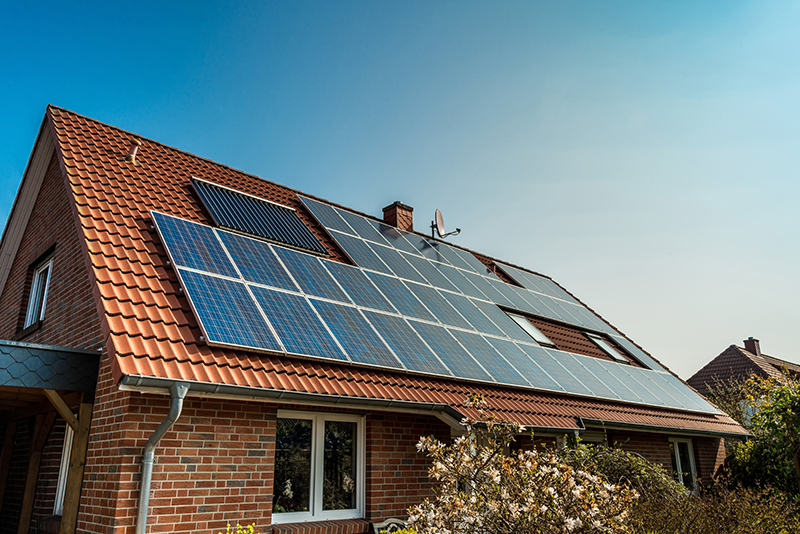Know the power of the sun.
Solar power is increasingly growing in popularity. Many home and business owners are experiencing the power that the sun can give.
We aim to address the most common questions people have about transitioning to solar energy.
Cost and Financing of Solar Power
How much does a solar energy system cost?
The cost of a solar energy system can vary based on several factors, such as the size of the system, the location, and the type of panels used. On average, you might expect to pay between $15,000 and $25,000 before any incentives or rebates.
Are there any government incentives or rebates available?
Yes, various government incentives exist to encourage the adoption of solar energy. For instance, in the United States, the federal government offers a tax credit for a portion of the cost of the system. State and local incentives can also be available. GIve us a call to determine if any incentives or rebates are available for you.
What financing options are available?
Several financing options are available to make solar panels more accessible. These can include solar loans, leasing options, and power purchase agreements (PPAs). Each has pros and cons, so conducting thorough research is important to decide which is best for you.

Installation and Maintenance Associated with Solar Power
What is involved in the installation process?
The installation process involves a site assessment, system design, permitting, and installation. A professional installer can usually complete the installation within 1-3 days, depending on the complexity and size of the system.
What are the maintenance requirements?
Solar panels generally require very little maintenance, mostly just regular cleaning and an occasional inspection by a technician. Some components, like inverters, may need to be replaced after a certain number of years.
Do I need to get any permits?
Most local governments require permits for installing a solar panel system. The specifics vary by location, but your solar installer will typically assist with this process.
Environmental Impact of Solar-Powered Homes and Businesses
How much can I reduce my carbon footprint?
Switching to solar energy can significantly reduce your carbon footprint. On average, a residential solar PV system could save many tons of carbon dioxide being emitted into the atmosphere over its lifetime.
Is the manufacturing process of solar panels environmentally friendly?
The manufacturing process has some environmental impact, but it is generally considered lower than the ongoing pollution from fossil fuel energy sources. Manufacturers are continually working on making the process more sustainable.
Are solar panels recyclable?
Many components of a solar panel can be recycled, including metals and glass. However, some newer technologies are still developing recycling methods.
Compatibility and Interconnection
Will my home or property be suitable for solar panel installation?
Factors like the angle of your roof, the amount of sunlight your property receives, and local regulations can all impact whether your home is suitable for solar panels. A site assessment can provide detailed information.
Can I still be connected to the grid?
Yes, most solar systems allow you to be connected to the grid. This is beneficial for times when your system isn't generating enough electricity, and you may even be able to sell excess electricity back to the grid.
How does solar power work with my existing electrical setup?
In most cases, solar power systems can be integrated with your existing electrical setup with minimal changes. An inverter is used to convert the direct current (DC) generated by the panels into alternating current (AC) used in homes.
Longevity and Warranty
How long do solar panels last?
The lifespan of solar panels is generally around 25-30 years. However, they don't stop working after that but operate at a reduced efficiency.
What warranties are available?
Most solar panels come with a performance warranty that guarantees a certain level of efficiency for a set period, often 25 years. Additional warranties may cover the inverter and other components.
How do I handle repairs?
Repairs are generally rare but may be needed for components like inverters or wiring. Most installers offer maintenance services, and warranties typically cover repairs or replacements.
Experience the Power of the Sun
Ready to make the switch to clean, renewable energy and save on your electricity bills? Contact us today to schedule a free consultation and take the first step towards a sustainable future with solar power!
For any other questions, feel free to contact us!
